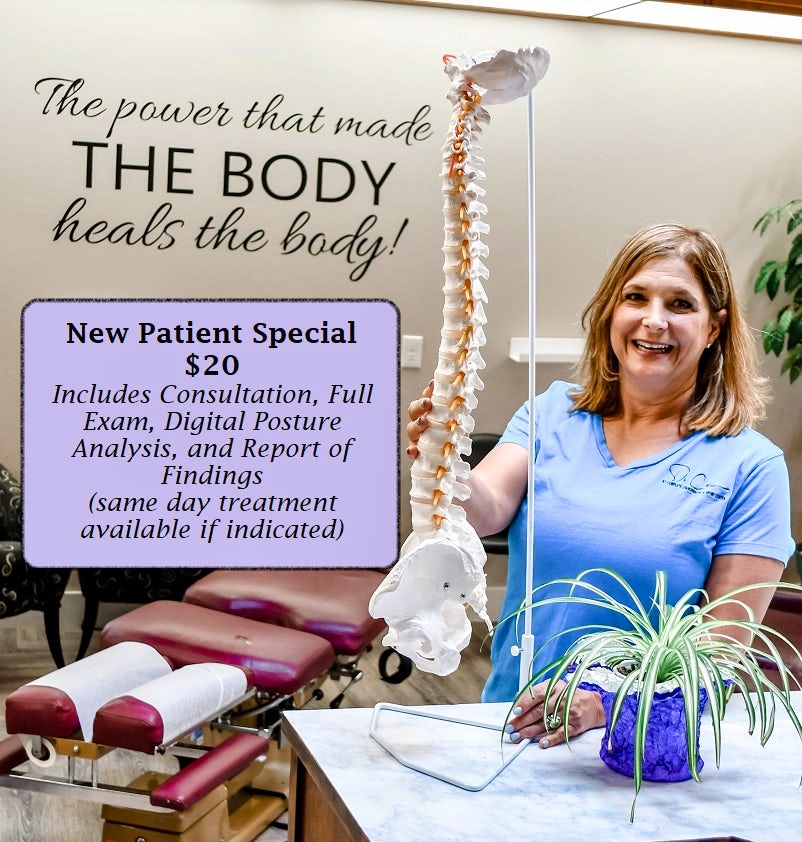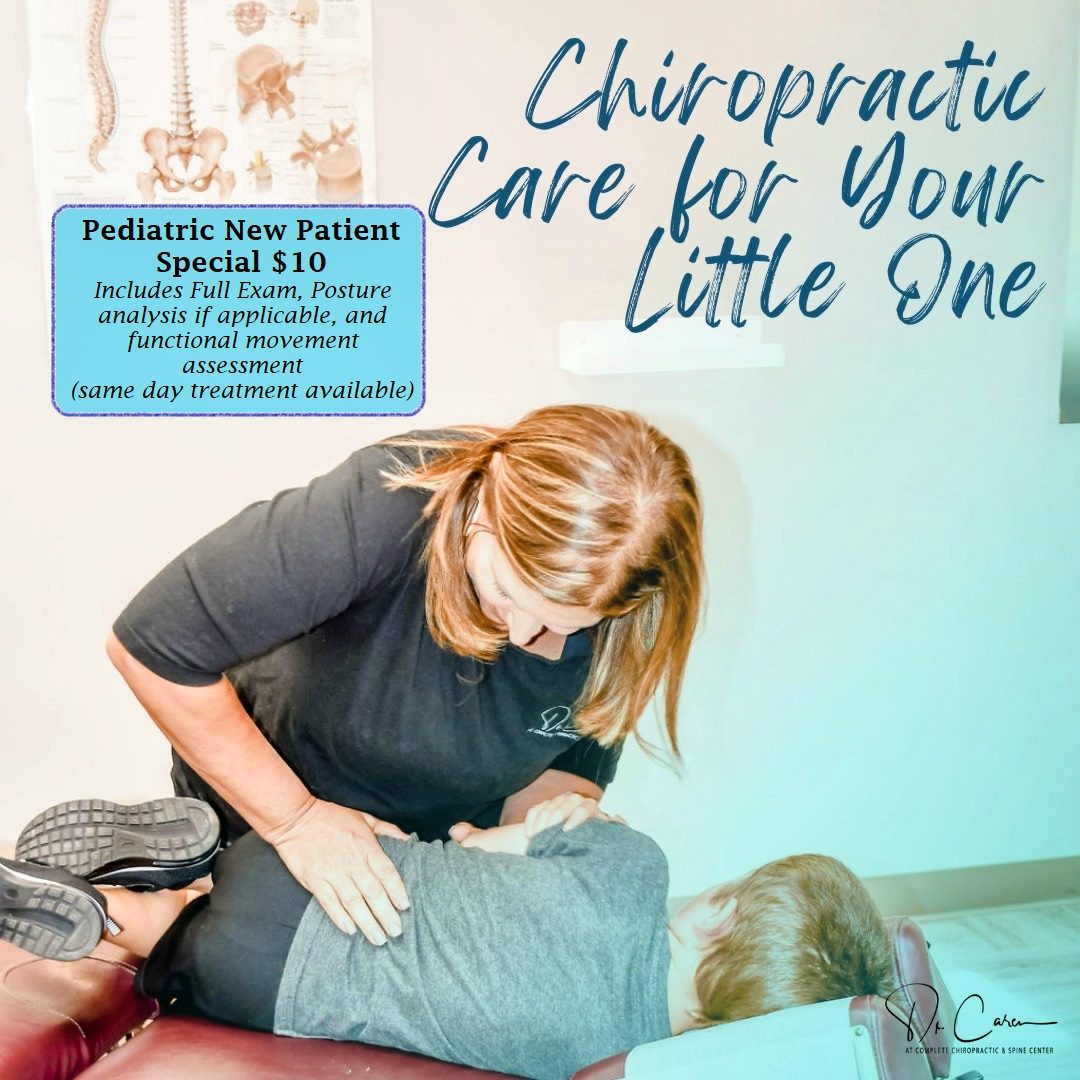
Headaches are a common ailment that can range from mild discomfort to debilitating pain, affecting millions of individuals worldwide. While headaches can be caused by various factors, including stress, dehydration, or underlying health conditions, one often overlooked source is the neck. Neck-related headaches, also known as cervicogenic headaches, occur when pain originating from the cervical spine radiates to the head. Understanding the connection between neck issues and headaches is crucial for proper diagnosis and treatment. In this article, we'll delve into the signs, symptoms, and strategies to determine if your headaches are stemming from your neck. Recognizing the Symptoms: Identifying whether your headaches are related to your neck can be challenging since the symptoms often overlap with other types of headaches. However, there are key indicators that may suggest a cervicogenic origin:
- Neck Pain: Individuals experiencing neck-related headaches often report concurrent neck discomfort or stiffness. The pain may be localized or spread from the base of the skull to the shoulders.
- Limited Range of Motion: Reduced flexibility and movement in the neck, accompanied by pain or discomfort, could signify underlying cervical spine issues contributing to headaches.
- Headache Triggers: Pay attention to activities or positions that exacerbate your headaches. Neck-related headaches may worsen with prolonged sitting, poor posture, or specific head movements.
- Unilateral Pain: Cervicogenic headaches typically affect one side of the head, often radiating from the neck to the temple, forehead, or behind the eye on the same side.
- Response to Treatment: Unlike tension headaches or migraines, which may respond to over-the-counter pain relievers or specific medications, neck-related headaches may persist despite traditional headache treatments. They may, however, improve with therapies targeting the neck and cervical spine. Seeking Chiropractic Evaluation: If you suspect your headaches are stemming from your neck, it's essential to consult a Chiropractor for an accurate diagnosis. A thorough assessment can help determine the underlying cause of your headaches and develop an appropriate treatment plan. Diagnostic techniques may include:
- Medical History: Your doctor will inquire about your symptoms, medical history, and any previous injuries or conditions that could contribute to neck-related headaches.
- Physical Examination: A comprehensive physical examination will assess your neck mobility, muscle strength, and tenderness, along with neurological tests to rule out other potential causes.
- Imaging Studies: In some cases, imaging tests such as X-rays, MRI, or CT scans may be recommended to evaluate the structure of the cervical spine and identify any abnormalities or underlying conditions. Treatment and Management: Once diagnosed, managing neck-related headaches typically involves a multifaceted approach tailored to individual needs. Treatment options may include:
- Chiropractic care which can include specific spinal adjustments, targeted exercises, stretching techniques, and manual therapy can help improve neck mobility, strengthen muscles, and alleviate tension contributing to headaches.
- Posture Correction: Adopting ergonomic principles and maintaining proper posture, especially during prolonged sitting or computer use, can reduce strain on the neck and minimize headache frequency and intensity.
- Stress Reduction Techniques: Stress management strategies such as relaxation techniques, mindfulness meditation, and deep breathing exercises can help alleviate tension and promote overall well-being. Understanding the relationship between neck issues and headaches is essential for effective management and relief. By recognizing the signs and symptoms of cervicogenic headaches and seeking professional evaluation, individuals can access appropriate treatment modalities to address the underlying causes and improve their quality of life. Remember to prioritize self-care practices, maintain good posture, and consult your chiropractor for personalized guidance on managing neck-related headaches.






